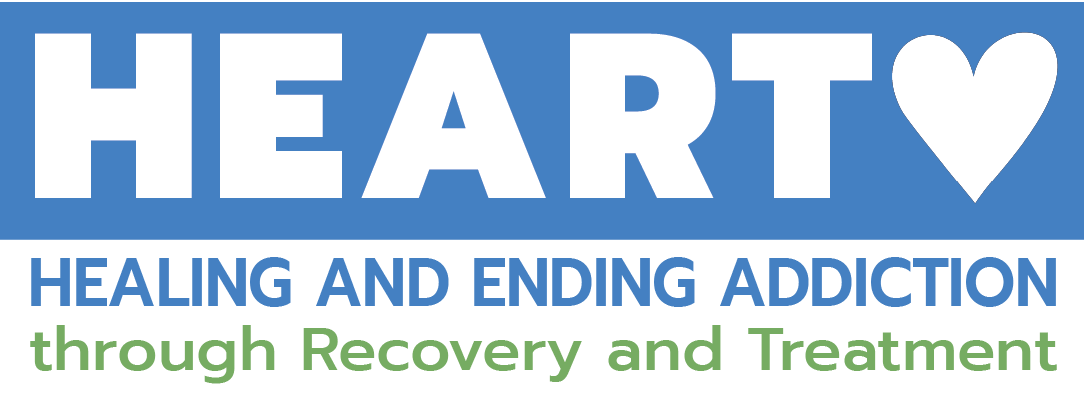Other HEART Initiative Components
SUD Treatment Expansion
As part of the HEART Initiative, DPHHS closed the substance use disorder treatment coverage gap by adding three ASAM (American Society of Addition Medicine) treatment levels to the Montana Medicaid benefit plan. These services are now available to Montanans:
- ASAM 3.1: Clinically Managed Low Intensity Residential Services. This is a licensed community-based residential facility that functions as a supportive, structured living environment. Members are provided stability and skills building to help prevent or minimize continued substance use.
- ASAM 3.2: Clinically Managed Residential Withdrawal Management. This is a clinically managed residential withdrawal programs providing 24-hour structure and support. These services are provided to a member diagnosed with a moderate or severe SUD and whose intoxication/withdrawal signs and symptoms are significant enough to require 24-hour structure and support. Services focus on social support to safely assist a member through withdrawal without the need for medical and nursing services.
- ASAM 3.3: Clinically Managed Population-Specific High Intensity Residential Services. This service is for a clinically managed population-specific residential treatment program providing 24-hour structured residential treatment. These services are provided to a member diagnosed with a moderate or severe SUD whose substance related problems have resulted in temporary or permanent cognitive deficits and are unlikely to benefit from other residential levels of care. Services are slower paced, repetitive, and designed to address significant cognitive deficits.
Crisis Services
Crisis services are an essential component of the continuum of care, and the HEART Initiative is working to expand them. DPHHS has invested in the sustainability of mobile crisis by transitioning it to a billable Medicaid service and is supporting mobile crisis response teams across the state in making that transition.
Home Visiting
DPHHS will be developing a home visiting program through Medicaid to support pregnant and post-partum people and families impacted by behavioral health issues.
Evidence-based home visiting services improve parent and child health outcomes by supporting parents and helping them gain the skills to better care for their child(ren). Trained home visitors meet regularly with expectant parents or families with young children who want and ask for support, building strong, positive relationships. Home visitors evaluate families’ strengths and needs and provide services tailored to those needs, such as parenting skills, screenings and referrals to behavioral health treatment, and connections to other services as appropriate.
Grants to Tribal Nations
HB 701 allocates $500,000 annually to Tribal governments to fill locally identified gaps in substance use disorder prevention, mental health promotion and mental health crisis, treatment, and recovery services. Each of the eight Tribes receives $62,500 in grant funds per year to use for that purpose. Funds must be used to close gaps that other funding may not be used to fill. To date, more than $1,000,000 of grant funding has been distributed to Montana Tribal Nations.
County Detention Center Grants
In October 2022, DPHHS awarded $2.7 million in funding to local detention centers to implement jail-based therapeutic services, certified behavioral health peer support services, care coordination and other services. Through this funding, seven local detention centers are providing new behavioral health treatment in Yellowstone, Missoula, Lewis and Clark, Gallatin, Butte Silver-Bow, Cascade and Custer counties.


